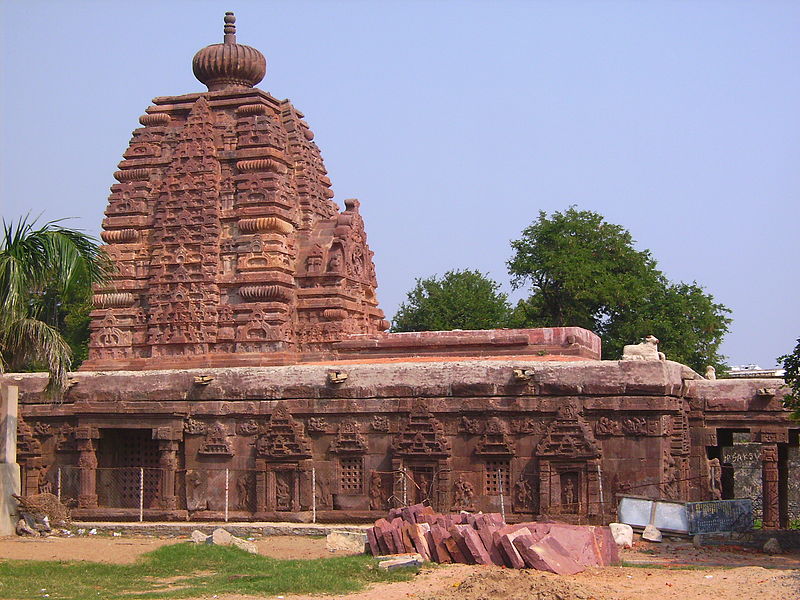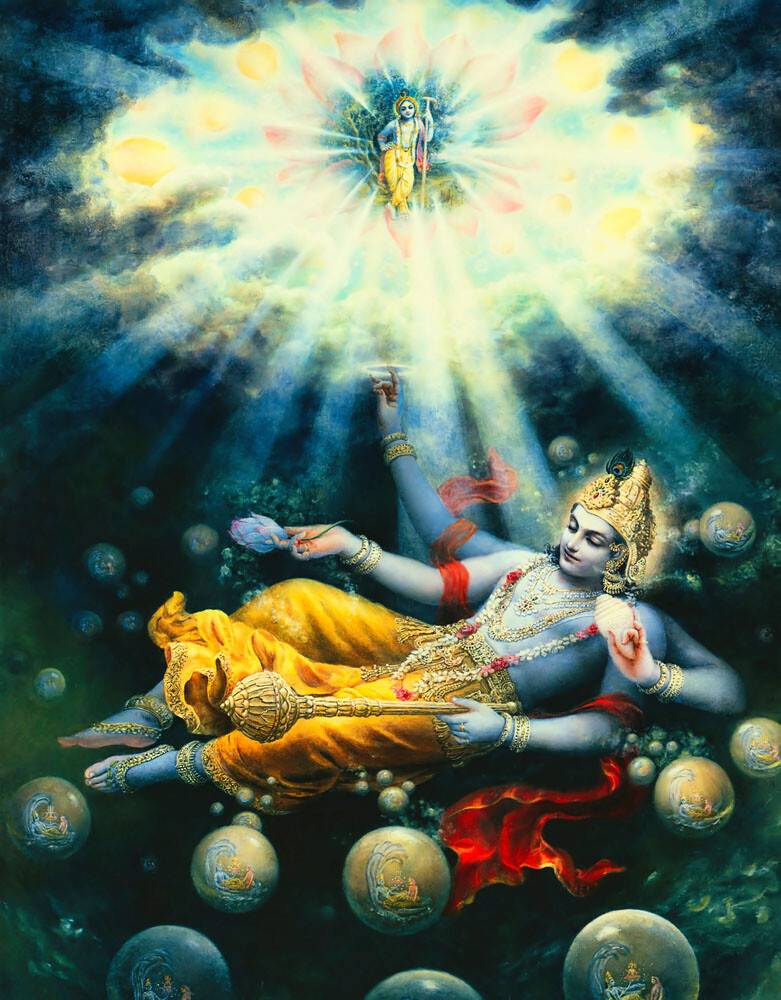Unveiling Sabarimala: The Sacred Himalayan Marvel of Hindu Spirituality
Explore Sabarimala, a significant Hindu pilgrimage site in Kerala, famous for its Lord Ayyappa temple and annual pilgrim season rituals.

Nestled amidst the Periyar Tiger Reserve in the Pathanamthitta District of Kerala, lies the sacred Sabarimala Temple, a prominent Hindu pilgrimage site. The temple is dedicated to Lord Ayyappa, a Hindu deity revered for his ascetic devotion and moral virtue. The Sabarimala Temple's unique location, enveloped in dense forests and hills, contributes to its spiritual aura and the challenges of the pilgrimage journey.
The Sabarimala pilgrimage is unique and demanding, involving a 41-day 'vratham' or period of austerity. During this time, pilgrims follow a strict regimen of purity and self-restraint, symbolising the journey of the soul towards divinity. Devotees abstain from non-vegetarian food, alcohol, and tobacco, practice celibacy, sleep on the floor, and wear only black or blue clothes. This period of austerity culminates in the arduous journey up the 18 sacred steps ('Pathinettu Padi') to the temple.
While the Sabarimala Temple is open to all, regardless of caste or creed, it has traditionally been closed to women of menstruating age (10-50 years). However, this practice has been a subject of controversy and legal battles in recent times. In 2018, the Supreme Court of India, in a landmark judgement, lifted the ban on the entry of women, leading to nationwide debates and protests.
Despite the controversies, the Sabarimala Temple continues to draw millions of devotees each year. The pilgrimage is believed to be a transformative journey that instils discipline, devotion, and tolerance in the devotees, helping them purify their body and mind. The Sabarimala Temple and its pilgrimage, thus, serve as a testimony to the rich tapestry of faith, tradition, and spirituality in Hinduism.




